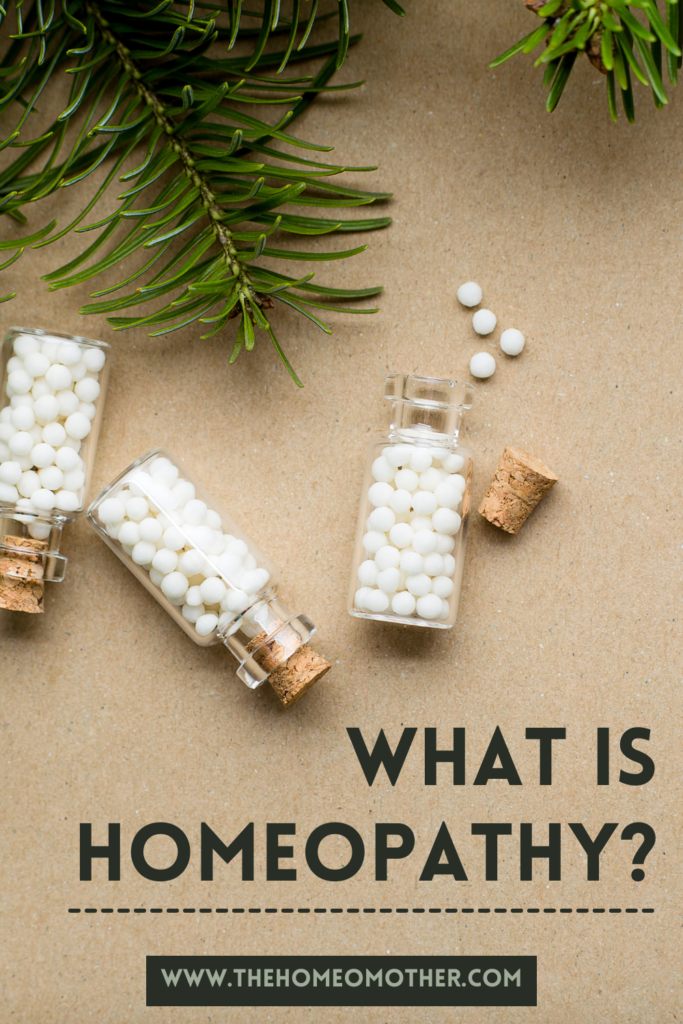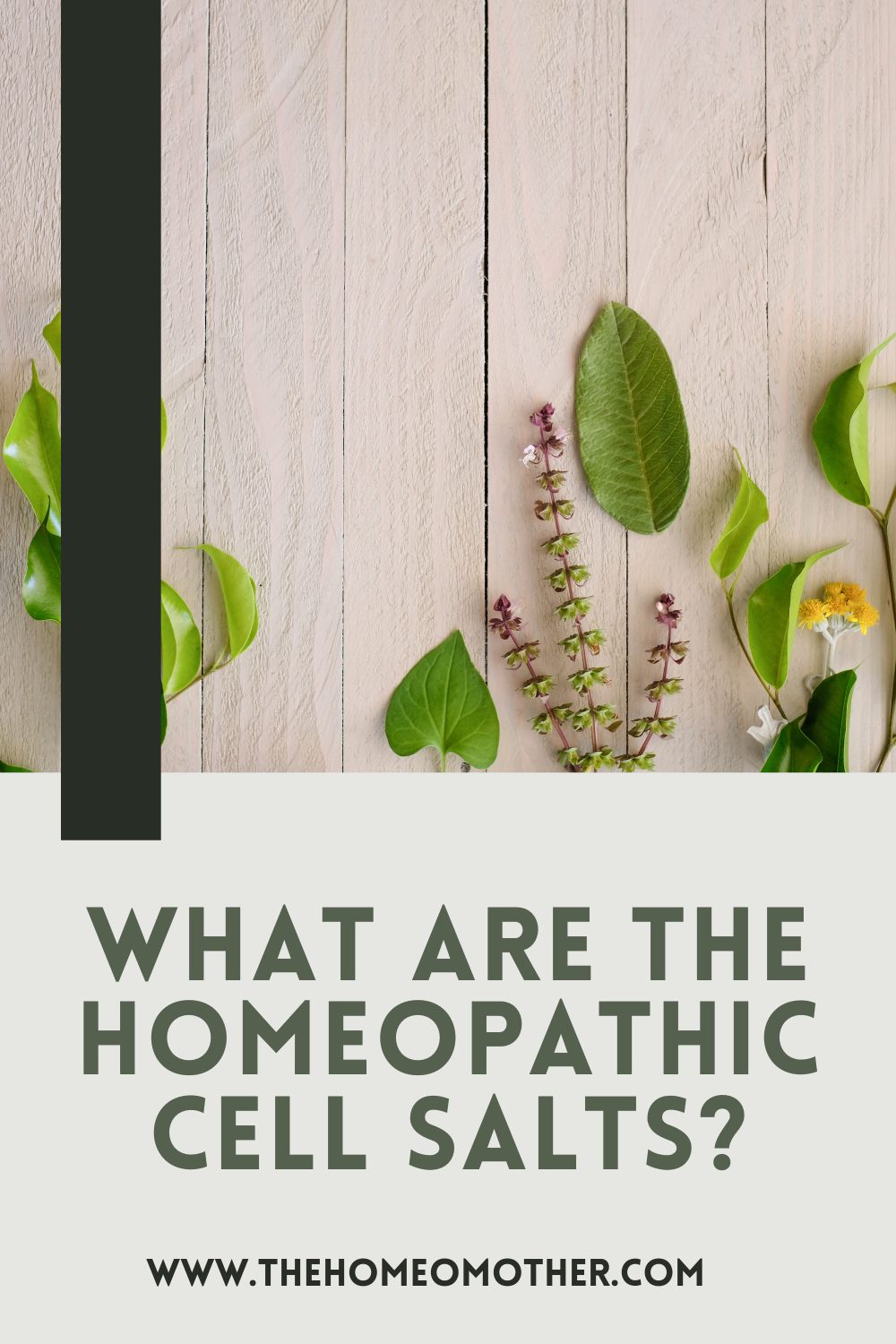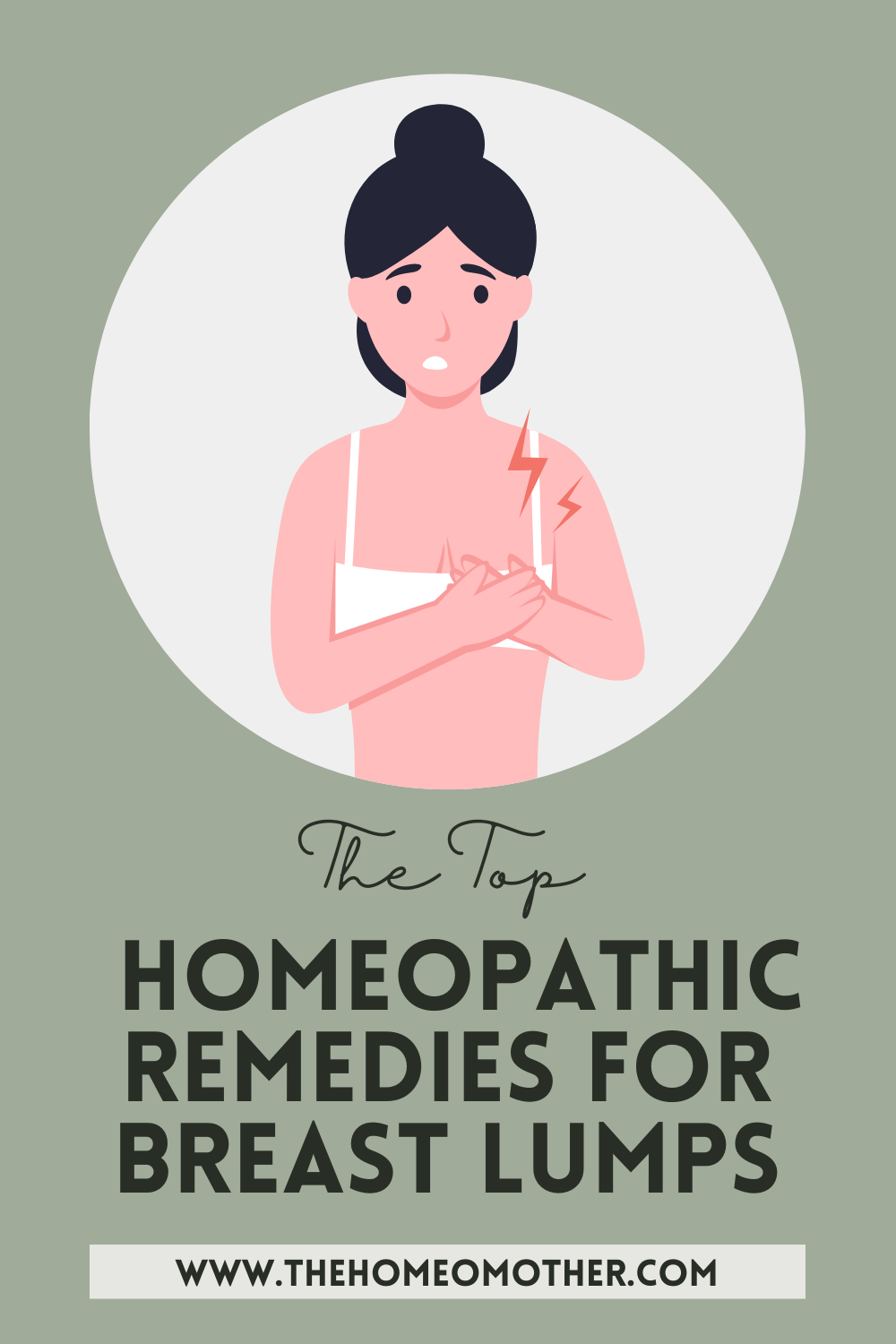Healing Naturally: What is Homeopathy?

It is sometimes easier to begin by explaining what something is not.
Homeopathy is not:
- Herbalism or botany; or
- A catch all phrase for everything natural.
I thought it was important to go ahead and get that out of the way. as originally I at least, assumed that is what homeopathy was.
In actuality, homeopathy is basically an entirely other system of medicine.
Homeopathy has volumes upon volumes of traditionally accepted practices, materia medicas, and remedies that can relate to a wide variety of afflictions ranging from acute to chronic.
Where did it come from?
Homeopathy was founded by the late and the great Samuel Hahnemann in 1796. He was originally an allopathic doctor who sought a new system based on a more ideal type of cure.
“The highest ideal of therapy is to restore health rapidly, gently, permanently; to remove and destroy the whole disease in the shortest, surest, least harmful way, according to clearly comprehensible principles.“
–Samuel Hahnemann, Organon of Medicine 6th Edition
What Makes it Different?
The root word of homeopathy is “homeo” which means similar. In contrast to that, the root word of allopathy is “allo” or different.
Whereas allopathy looks for different agents to cure, homeopathy looks for similiar – or the idea that like cures like.
To best illustrate what that means in more simple terms, let’s use insomnia as an example.
Lets say that you are up all night, and just cannot fall asleep. The allopathic, or opposite view, would be to find an agent that is the opposite of being awake – some type of medicine with a key ingredient to cause you to be tired.
Within homeopathy however, the approach is based upon like cures like: so for insomnia a common remedy is Coffea Cruda – or homeopathic potentized coffee.
The idea is that you are taking a symptom: being awake, and matching it to something else that would keep you awake: coffee.
This is of course however based upon potentized coffee, rather than coffee in its raw form.
What does potentization mean?
The idea is that substances are diluted down thousands and thousands of times, and succussed vigorously. In the homeopathic view, this basically unlocks the etheric form of the original raw substance.
So this etheric form which remains then interacts with the vital force of the body, to “teach the body” how to deal with the symptoms that are similar in nature.
“This very subtle dose, which contains almost nothing but the spirit-like medicinal force released and freed, can bring about, solely by its dynamic power, results impossible to obtain with crude medicinal substances, even in massive doses.”
–Samuel Hahnemann, Organon of Medicine 6th Edition
What is the vital force?
Hahnemann basically viewed humans as existing in ways much greater than just the physical form. He viewed us as energetic beings that are infused with a vital force, or soul like etheric quality, from which all disease emerges.
The homeopathic theory effectively is that everything around us also has this similar type of etheric nature, and that through potentization you are able to unlock the greatest curative power of the plant, animal, and mineral kingdoms.
So, the coffee example?
To backtrack to the coffee example and the law of similars, the idea is that if you cannot sleep, you are given something similar in nature to what would also keep you awake, that being coffee.
Through the etheric nature of the coffee unlocked in potentized form, when ingested homeopathically, it effectively teaches your body in a natural way how to thus deal with the symptoms of being awake, so that you are able to fall asleep.
Totality of Symptoms
With all that said: the law of similars now brings us to the totality of symptoms. In finding the remedy that is most similar to the state you are in, the totality of symptoms is assessed.
What this means is that homeopathy is extremely individualized, as it is about the unique symptoms you are expressing, which when taken together, make up a complete symptom picture – or totality of symptoms.
This gets deeper in that Hahemann believed that we are only actually sick within the vital force, and that symptoms that we observe physically are different expressions of it, or even the body trying to ask for help.
This is why homeopaths will ask you about symptoms which may seem entirely unrelated (ie: you have a headache but they may ask about if you have rashes, your stool or dietary habits, emotional nature, etc) as taken together they comprise the totality of symptoms.
“It is an indubitable truth that there is absolutely nothing else but the totality of symptoms – including the concomitant circumstances of the case by which a disease can express its need for help.”
–Samuel Hahnemann, Organon of Medicine 6th Edition
So to best summarize:
Homeopathy is its own system of medicine on the principle of similars, or like cures like.
It operates on the idea that we, and everything around us, is infused by a vital force. This makes homeopathy effectively an energetic type of medicine, similar in theory to acupuncture.
want to learn more about homeopathy?
Join the community to ask your questions, connect with like-minded individuals, attend live weekly Q&A and so much more!
I hope that you all found this informative and interesting! If so be sure to subscribe to my newsletter (you will get a copy of my free first aid guide) and leave a comment below.







